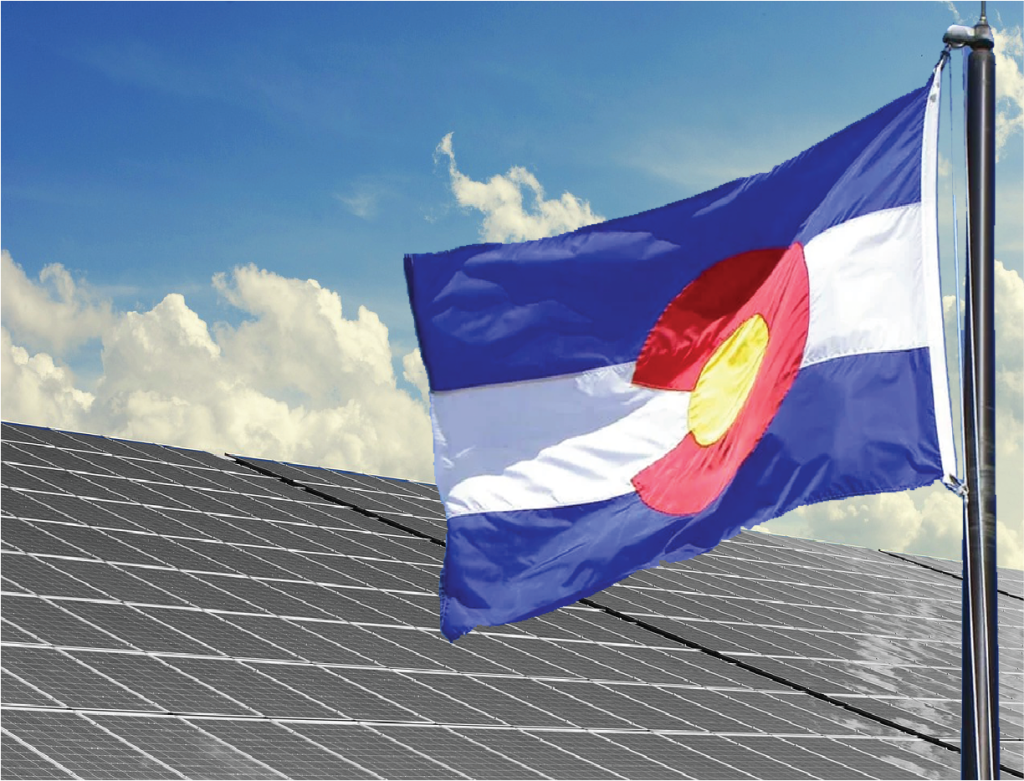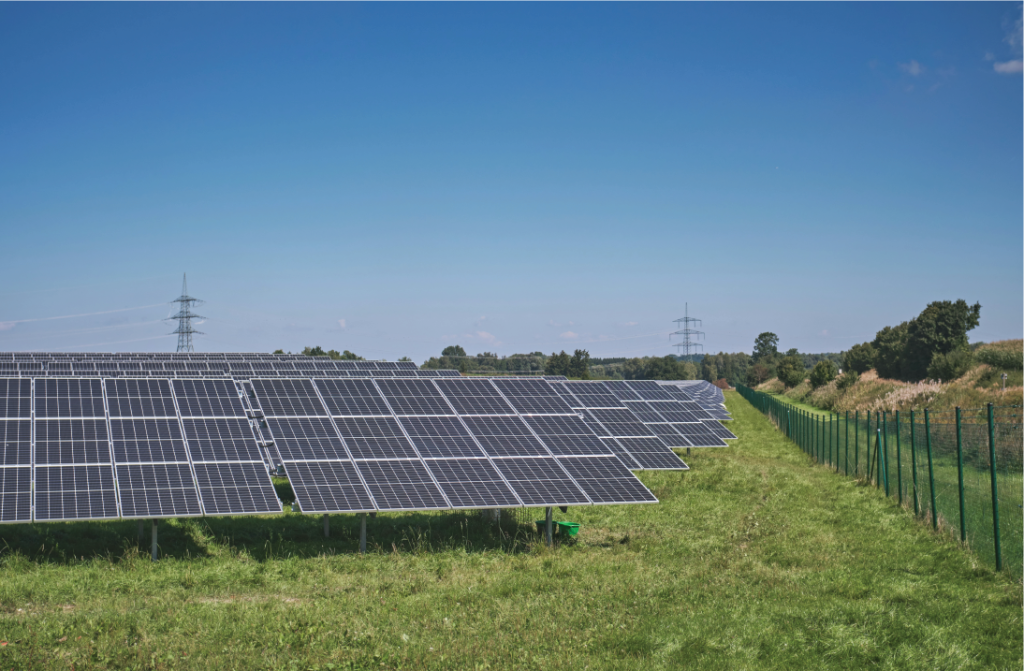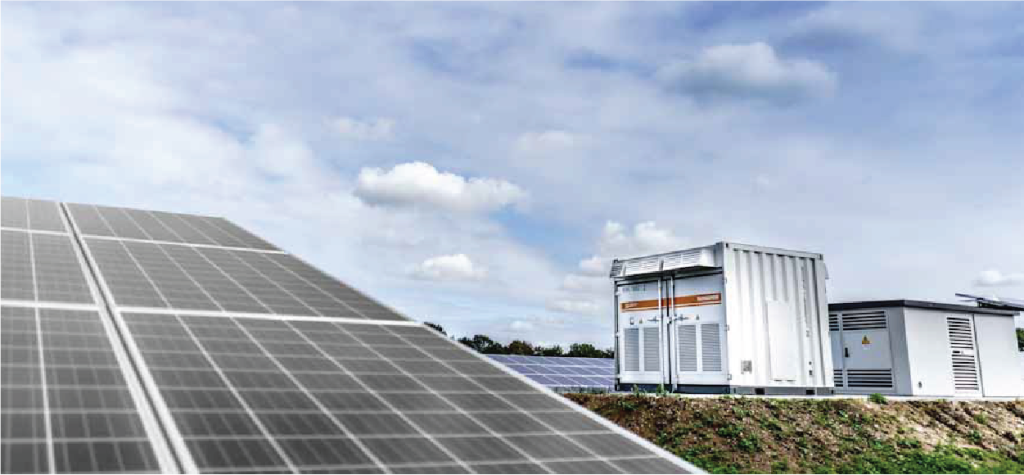Solar SME, Inc.
Colorado Solar Incentives and Rebates
Harnessing the Sun in the Centennial State
Colorado has 300 days of sunshine a year, and its residents, businesses and utilities, are taking advantage of it as the state ranks 13th in the nation for installed solar capacity. As one of the first states to implement a renewable energy standard, Colorado has long stood as a leader in renewable energy and solar energy adoption. With generous incentives in the state both homeowners and businesses are embracing solar power to reduce their carbon footprint and save on energy costs.
By taking advantage of the generous solar energy incentives and rebates offered in Colorado, you can harness the power of the sun, lower your electricity bills and increase the value of your property.
Solar Incentives and Rebates for Homeowners in Colorado
Colorado offers several solar incentives for homeowners looking to invest in solar energy systems. These incentives aim to make solar installations more affordable, encouraging residents to reduce their carbon footprint while saving on energy costs.
Sales and Use Tax Exemption for Renewable Energy Equipment
Since July 2006, solar systems, heat pumps and lithium-ion batteries have been covered under the Colorado sales tax exemption for renewable energy systems. Therefore, when you buy solar panels or other qualified technology, you won’t be charged the state’s 2.9% sales tax on that purchase. Colorado homeowners who convert to solar energy receive instant savings through the sales tax exemption.
Incentive Value:
Exempts the state’s 2.9% sales and use tax
Frequency:
Applied at the time of purchase


Property Tax Exemption for Residential Renewable Energy Equipment
Renewable energy systems in Colorado also qualify for a property tax exemption for residents. Colorado doesn’t tax the rise in property value that results from installing solar panels on your house.
Let’s say you have a $450,000 house in Colorado. In this scenario, you would be responsible for $2,700 if you reside in a municipality with a 0.6% property tax rate. However, should you choose to go solar and the system raises the value of your house to $475,000, your yearly property taxes will still be $2,700. Installing solar panels would raise your property value by $25,000, which would result in an additional $150 in annual taxes if there was no exemption.
Incentive Value:
Exempts increases to your local property taxes
Frequency:
Ongoing
Colorado Residential Energy Upgrade (RENU) Loan
The Colorado RENU program helps people make their homes more energy efficient by offering loans for upgrades like solar panels and battery storage. You can borrow up to $75,000 and pay it back over 20 years at a low-interest rate. If you’re eligible, you can install these upgrades without paying anything upfront and use the money you save on energy bills to pay back the loan.
You must choose a certified solar installer to be eligible for a solar loan from Colorado RENU. The Colorado Clean Energy Fund, in collaboration with Colorado credit unions, provides funding for the initiative.
Incentive Value:
Low-interest loans up to $75,000
Frequency:
One-time


Federal Solar Investment Tax Credit in Colorado
With the Solar Investment Tax Credit (ITC), homeowners and businesses can reduce their federal income tax liability by claiming a federal tax credit equal to 30% of the entire cost of their solar system. The year you install solar panels is the one you can claim the credit for on your yearly tax return. The Inflation Reduction Act of 2022 has extended the credit through 2030.
It is important to remember that the tax credit may only be claimed by the photovoltaic (PV) system’s legitimate owner. Therefore, if you sign a lease or power purchase agreement (PPA), the financier gets to claim the credit and can share some of the cost savings with you. If you buy a solar system with cash or a loan you reap the full benefits of the ITC.
Net Metering in Colorado
Except for municipal utilities with fewer than 5,000 customers, all-electric companies operating in Colorado are required to offer net metering. Additionally, net metering is allowed on all residential solar systems up to 10 kW.
It allows homeowners with solar to send surplus energy generated by their panels to the electric grid in return for billing credits. Credits are equal to the retail price of electricity in Colorado.

Solar Incentives and Rebates for Businesses in Colorado
Colorado’s commitment to renewable energy extends beyond residential properties. Businesses in the state can take advantage of various state incentives to make their operations more sustainable and cost-effective.

Modified Accelerated Cost - Recovery System (MACRS)
The federal government allows businesses to recover investments in solar property through depreciation deductions. Consequently, this can significantly reduce the overall cost of a commercial solar installation.
Commercial Property Tax Exemption
Similar to the residential exemption, commercial properties with solar installations are eligible for a property tax exemption on the added value of the solar system.


Solar Easements and Rights Laws
Colorado law supports solar easements, which are legal agreements that ensure access to sunlight.
This is particularly beneficial for businesses looking to install solar panels on their property, ensuring that neighboring developments won’t obstruct sunlight.
Green Business Certification
Achieving green business certification in Colorado can open the door to additional incentives and recognition. Moreover, these certifications demonstrate a commitment to sustainability, aligning with the state’s renewable energy goals.

Local Solar Incentives in Colorado
Colorado also has two solar incentive programs that are targeted at particular regions across the state.

Holy Cross Energy Rebates
In Western Colorado, Holy Cross Energy (HCE) is an electric cooperative that provides service to over 45,000 customers. Additionally, it provides a renewable energy incentive scheme for energy storage and photovoltaic solar systems, among other technologies.
For installed capacity up to 6 kW, the program gives compensation of $250 per kilowatt; for systems between 6 kW and 25 kW, the rebate is $100 per kilowatt. Additionally, solar batteries up to 25 kWh in capacity also offer $250 to $500 per kilowatt, depending on your involvement in HCEs Power+ Distribution Flexibility Program.
Incentive Value:
Installed solar capacity covers $100–250 per kilowatt. However, energy storage covers $250–500 per kilowatt.
Frequency:
One-time

Energy Smart Colorado
Energy Smart Colorado gives money back to people who make their homes more energy efficient or use renewable energy. Furthermore, depending on where you live, you can get rebates of $500 to $2,500 for buying solar equipment or improving your home’s energy efficiency.
This initiative is not state-wide. It currently covers rebates in Summit County, Roaring Fork Valley, Boulder County, and Eagle County.
SolarSME Installation Services in Colorado
When it comes to installing solar panels in Colorado, choosing a certified solar installer is important to ensure a seamless and efficient process. SolarSME is proud to offer industry-leading solar installation services to homeowners and businesses across the state. Get a FREE estimate of your solar savings in Colorado!

